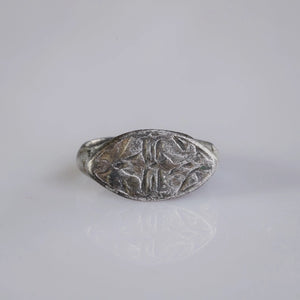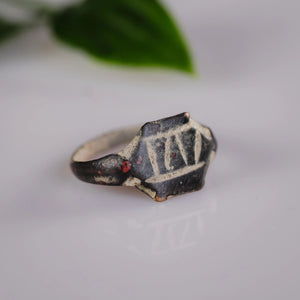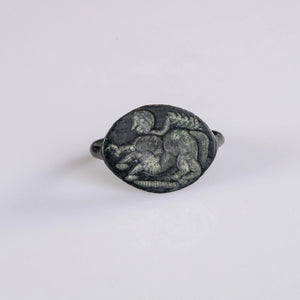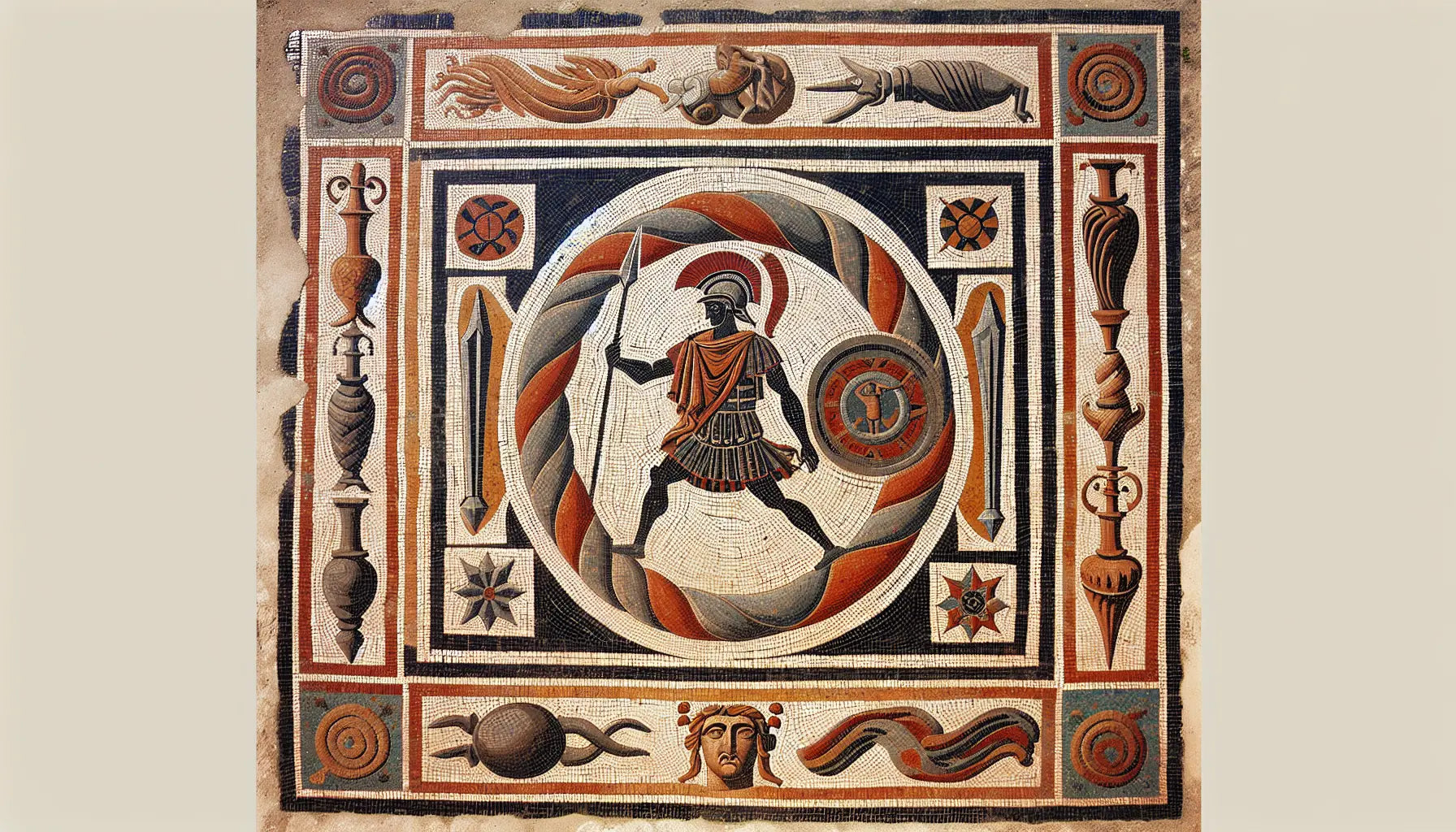Interesting facts
Why Was Commodus Considered a Bad Emperor? A Deep Dive into the Turbulence of His Reign
The Roman Empire once spread like an immense web over continents and cultures, stitched together by the rule of its emperors, whose talents and temperaments varied greatly. Among these leaders, Commodus stands out—not as a builder or protector—but as a figure whose reign marked a turning point toward instability and decline. To understand why history remembers Commodus as a notoriously bad emperor, we have to look closely at his personality, decisions, and the ripple effects these had on Rome. But it’s not enough to study him in isolation; by comparing Commodus with rulers like Emperor Hadrian, whose leadership was strikingly different, we can better grasp the roots and consequences of his failures.
Commodus—The Emperor Who Broke the Mold
Commodus took power in AD 180, inheriting an empire that, while facing challenges, remained stable thanks to the solid foundations laid by his father, Marcus Aurelius, revered as the “Philosopher Emperor.” Marcus Aurelius was celebrated for his wisdom, resilience in war, and steady hand at the empire’s helm. The shift from father to son could not have been more jarring. Our sources, chiefly historians Cassius Dio and Herodian, offer a vivid, often critical picture of an emperor whose time in power was filled with turmoil and decline.
There’s a tragic weight in how Commodus’s early steps hinted at something much darker than expected. Born into privilege and opportunity, he was meant to be the custodian of his father’s legacy. Instead, according to Cassius Dio — a senator who lived close to the events — Commodus displayed early on a restless streak and a hunger for power that would soon lead him astray.
The Personality That Undermined the Empire
Delving into Commodus’s character, we encounter the personal traits that most historians blame for his downfall. Unlike his father, who stood firm in stoical ideals like duty and restraint, Commodus leaned toward indulgence and vanity. His obsession with self-glorification wasn’t just a private whim; it permeated his governing style. Nevertheless, if you're interested in owning a tangible piece of Roman history that reflects both the grandeur and the personal stories of its rulers, consider the 'Diana' - Roman Silver Intaglio Ring available through Aurora Antiqua, an elegant artifact from the ancient world.
One of the most striking and bewildering facts about Commodus is his deep involvement in gladiatorial games. For an emperor to step into the arena—fighting like a common gladiator—was scandalous. Gladiatorial combat was brutal, a spectacle of blood and life-or-death struggle, and yet Commodus embraced this role with enthusiasm. He even dressed as the demigod Hercules, turning himself into a living symbol of mythic strength. This behavior was not simply theatrical; it undermined everything that an emperor was supposed to represent: dignity, honor, and the stability of the state.
To the Roman elite and citizens, Commodus’s actions blurred the boundary between ruler and entertainer. Herodian describes this as a reign more like a personal performance than responsible leadership. The Senate’s respect dissolved, leaving the institutions of governance vulnerable and eroded.
Political Chaos and Economic Decline
Commodus’s personal quirks didn’t remain harmless eccentricities—they seeped into the very fabric of how Rome was run. His vanity replaced prudent governance with self-interest and short-term amusement. Administrative tasks, which require focus and seriousness, were often neglected.
Powerful freedmen and favorites, often of little ability or honesty, rose to influence, pushing aside seasoned senators and officials familiar with governing the sprawling empire. Without steady hands at the wheel, corruption and incompetence flourished.
Keeping such a vast empire stable demanded sharp political skills and careful oversight. Instead, political intrigue flourished. Cassius Dio recounts a court rife with paranoia, marked by purges of people the emperor feared might threaten him. Executions spread fear across Rome and discouraged capable leaders from stepping forward to serve.
At the same time, the empire’s economy began to suffer. Commodus’s love of extravagant games, magnificent buildings, and relentless personal splurges drained the imperial treasury. This lack of financial discipline led to inflation, causing the cost of living to rise for ordinary Romans and putting strain on provincial administrations. As resources tightened, Rome’s capacity to defend its borders and project power weakened.
The Senate and the People’s Viewpoint
Leadership does not rest on control alone; it requires legitimacy supported by the respect of key groups. Commodus drove a wedge between himself and the Senate, messing with their authority and humiliating members. This poisoned political relations, sparking conspiracies and underlying resistance.
How did the Roman people see all this? While some may have been distracted or entertained by Commodus’s extravagant displays, many lost faith in the emperor’s role as protector and leader. His image shifted from the guardian of Rome’s greatness to a symbol of excess and instability — an emperor more concerned with spectacle than substance.
Hadrian—A Contrast in Leadership
To fully appreciate how far Commodus fell short, it’s useful to hold up the example of one of Rome’s more admired emperors: Hadrian, who ruled from AD 117 to 138. Hadrian is remembered as a disciplined, thoughtful, and effective leader. He enacted legal reforms, strengthened existing borders, and nurtured culture and learning. Unlike Commodus’s focus on personal glorification, Hadrian concentrated on building the empire’s infrastructure and maintaining its unity.
Hadrian’s famous travels — journeying to distant provinces, meeting local leaders and communities — stand in sharp contrast to Commodus’s self-absorption. His defense projects, like Hadrian’s Wall in Britain, demonstrated strategic planning over ambition or spectacle. Thanks to such leadership, Hadrian earned lasting respect across Rome’s power structures.
By comparing these two figures, we see how the personality and priorities of a ruler can either hold an empire together or unravel it. Commodus’s reign serves as a warning about how vanity and misrule can damage the delicate balance of power.
The Long Shadow of Commodus’s Reign
The turmoil of Commodus’s rule didn’t end with his death. In AD 192, he was assassinated in a palace conspiracy involving court officials and his mistress. This brutal end triggered the so-called Year of the Five Emperors—a chaotic sequence of civil wars and power struggles that threatened to tear the empire apart.
In the years that followed, Roman leadership struggled to regain stability and prestige. Commodus’s reign left behind a legacy of weakened institutions and fractured trust. The disorders of his rule showed how the failings of one man at the top could cause lasting fractures deep in the foundations of empire.
Reflections on Leadership Through the Lens of History
What can we learn from Commodus’s story today? History repeatedly teaches that leaders consumed by vanity, careless with responsibility, and unpredictable in behavior imperil not only their own legitimacy but the wellbeing of entire societies. Commodus exemplifies the dangers of concentrating unchecked power in a ruler lacking wisdom and prudence.
Of course, this narrative must be seen in perspective. Ancient historians like Cassius Dio often wrote from the viewpoint of the elite Senate, and bias colors their accounts. Modern scholars remind us that the empire was facing a host of external pressures—military fights, economic challenges—that complicated matters beyond any one individual’s faults.
Still, the image of Commodus that emerges is vivid and cautionary. It invites us to reflect on qualities essential to leadership: restraint, responsibility, empathy, and devotion to the collective good. The story of Imperial Rome continues to offer timeless lessons about power and human nature.
Commodus’s legacy transcends academic texts. It survives in popular culture, notably in the 2000 film Gladiator, where the emperor’s portrayal as a cruel, capricious figure echoes much of what historical sources suggest. Though dramatized, the movie captures the allure and horror of Commodus’s rule, sparking public fascination with this controversial figure.
The Numinous Weight of History
History is far more than a list of names or dates; it is a living narrative about human character and consequences. Commodus’s reign shows how personal flaws in leadership can ripple outward, causing consequences on a grand scale. His story is a powerful chapter within Rome’s long saga—a tale that reminds us how fragile political stability can be in the hands of an unfit ruler.
Hadrian’s example, by contrast, is a lighthouse in the same historical waters: a reminder that thoughtful, disciplined leadership can fortify an empire and inspire loyalty.
Through the study of these emperors, we deepen our understanding of both Roman history and the universal challenges of governance. Our knowledge is only enhanced by the work of scholars and historians who, through accessible writings and analyses, help bring these ancient lessons to life.
For readers intrigued by this dramatic episode of history, books such as "Commodus: The Bad Emperor of Rome" provide detailed yet readable insights into the complexities of this emperor and his era, reconnecting us with the distant past.
Despite Commodus's negative reputation, is there any aspect of his reign that could be viewed positively?
While Commodus is often remembered primarily for his faults and eccentricities, some modern historians suggest that his focus on games and entertainment may have temporarily boosted public morale and detracted from more severe public dissatisfactions of the era. However, these acts were not sustainable and did not address the root causes of Rome's challenges.
Despite Commodus's negative reputation, is there any aspect of his reign that could be viewed positively? While Commodus is often remembered primarily for his faults and eccentricities, some modern historians suggest that his focus on games and entertainment may have temporarily boosted public morale and detracted from more severe public dissatisfactions of the era. However, these acts were not sustainable and did not address the root causes of Rome's challenges.
Commodus—More Than a Label, a Lesson in Leadership
To call Commodus simply a bad emperor is to overlook the rich and tragic dimensions his story offers. His life invites us to consider the depths of responsibility that come with power and the high stakes on the imperial stage. The reign of Commodus challenges us to think about leadership as more than mere authority: it is a commitment to protect and serve, a test of character with consequences for millions.
When we think about leadership in our own world—whether in politics, business, or communities—Commodus’s example remains instructive: charisma and force alone cannot build lasting trust or stability. True leadership requires wisdom, humility, and a genuine commitment beyond oneself.
Roman history, though ancient, continues to illuminate these universal human concerns in a vivid, compelling way.
In the grand mosaic of history, the reign of Emperor Commodus stands as a cautionary thread, woven tightly into the fabric of Rome’s story—reminding us how the fate of an empire can rest on the fragile nature of a single ruler’s character. His turbulent legacy invites ongoing reflection on power, responsibility, and the enduring risks that come when those entrusted with leadership lose sight of the common good.
Product Spotlight: For those who appreciate the fascinating twists of history, consider owning a piece of it with our 'Diana' - Roman Silver Intaglio Ring (1st-3rd BCE/CE). This artifact, available at Aurora Antiqua, connects you directly to the ancient world.
Image prompt: A detailed historical painting depicting the grandeur of the Roman Empire during Commodus's reign, with an aesthetic focus on the imperial court and gladiatorial games.
Call to Action
Discover a piece of history you can wear daily, reconnecting yourself with the ancient world.
Embrace History with Our Unique Artifacts
Who was Commodus and why is he considered a bad emperor?
Commodus reigned from AD 180 to 192 and is considered a bad emperor due to his indulgence in vanity, neglect of duty, economic mismanagement, and political chaos, which marked the beginning of Rome's decline.
How did Commodus's ruling style differ from Emperor Hadrian's?
Unlike Commodus, who prioritized spectacle and self-glorification, Hadrian focused on infrastructural development, legal reforms, and maintaining the empire's unity through strategic governance.
Why should I consider the 'Diana' Roman Silver Intaglio Ring from Aurora Antiqua?
This unique artifact connects you directly to ancient Rome, providing a tangible connection to historical events. Available at Aurora Antiqua's collection, it offers both historical significance and refined craftsmanship.




